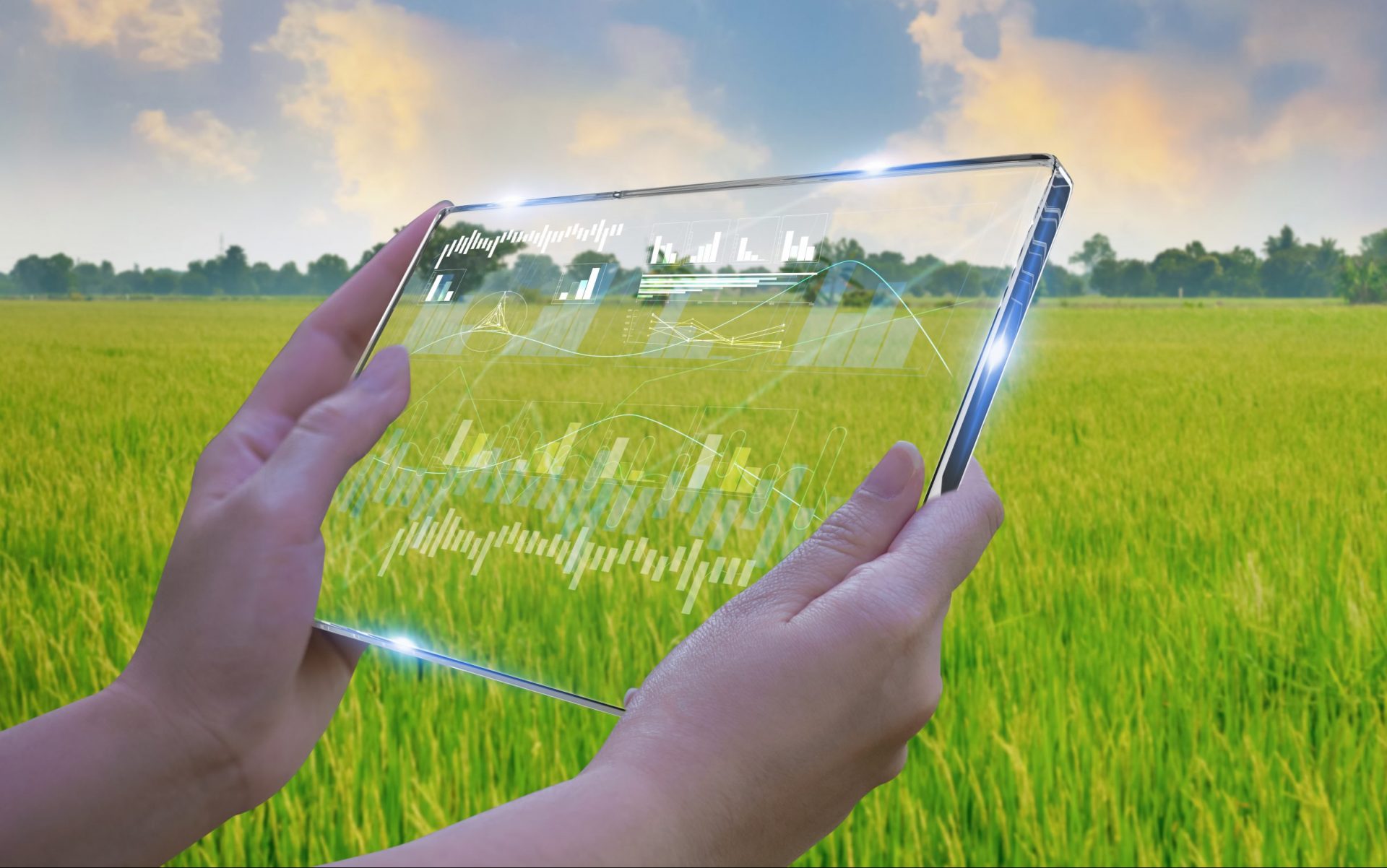Re-Imagine Europa’s event “Beyond the apple of discord – Changing our Agri Culture” opened a new chapter of the debate on the vision of European agriculture for the 21st century in an attempt to bridge the gap between the different positions that characterize the current public discussion.
The virtual event was held on July 22nd to present two reports: “Beyond the Apple of Discord: Existing Narratives and Ways Forward” and “White Paper on the Regulation of Genome Editing in Agriculture“. The reports were introduced by Dr Peter Kearns and Professor Andrzej Nowak after a brief opening speech by Ms Erika Widegren. Both the reports, conceived as complementary in showing a new way to approach policy studies, resulted from roughly a year of work of the Task Force on Sustainable Agriculture and Innovation, including more than 70 experts representing all the main stakeholders involved in the public debate.
The event aimed to stimulate an open discussion among the proponents of different solutions to overcome the polarization that often characterizes one-sided claims, such as those seen in some interviews or on social media threads. Taking the words tweeted by Mr Janusz Wojciechowski, European Commissioner for Agriculture, about his intervention at the event, “Making the European Food System sustainable and resilient is our key objective“.
After the report’s presentation, the second part of the event was chaired by Professor Louise Fresco, President of Wageningen University. It featured a (virtual) roundtable between Mr Janusz Wojciechowski, European Commissioner for Agriculture, Mr Norbert Lins, MEP and Chair of the European Parliament’s Committee on Agriculture and Rural Development, and Professor Urs Niggli, President of agroecology.science.
In her introductory remarks, Professor Fresco underlined, “It’s the diversity in the knowledge that counts. There has been an enormous move forward towards understanding and adopting scientific technologies in agriculture. Time is ripe to put Europe at the edge of innovation for both agriculture and food systems, as well as in tackling climate change.”
The debate then turned on the need to use different approaches to modernize European agriculture while respecting the traditions and demands of the rural population. As Professor Niggli explained, “We need duality to solve the challenges of today. We need to support organic farming whilst allow for research and access to innovations like genome editing techniques. I see no contradiction in using different approaches if they can help each other (…) We cannot afford not to use modern science if it can help us solve our problems.”
Similar concepts also echoed in Commissioner Wojciechowski’s words during the extended discussion that followed: “The current sustainability challenges call for technologies that can enhance plant protection against pests and extreme climate events”. There was an overall agreement that no single approach can be the silver bullet to solve all the various issues connected to the future of European agriculture. Taking from the following words of Mr Lins, “We need a pragmatic approach towards new breeding techniques, going towards a modern vision for agriculture. We need to involve the population and give science the space to be heard.”
Later, Professor Nowak, prompted by a question from Chair Professor Fresco, also commented on the opportunity to change the tone of the public debate: “Each of the narratives proposed by the different sides is valuable in adding a new perspective, particularly if a dialogue can be built between these diverse outlooks, thus enhancing the general value of the discussion”. Dr Peter Kearns was then keen to point out the international dimension of the problem by stating “Countries like Argentina and Uruguay were already successful in adopting a new vision that considers the needs and challenges of supporting the small and medium-size farmers. Europe’s stance on the future of agriculture will be influential also towards many third countries, especially in Asia and Africa. Therefore, this aspect should also be considered while thinking about a vision for the future of agriculture in Europe”.




